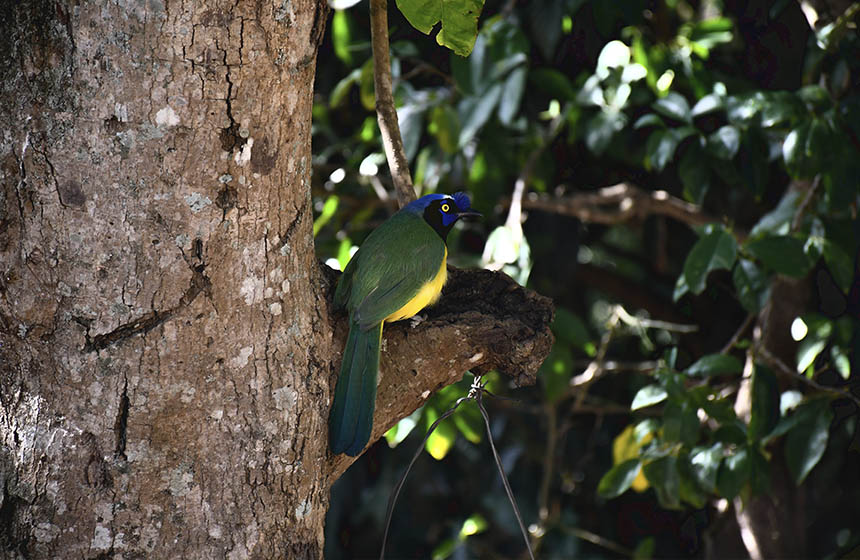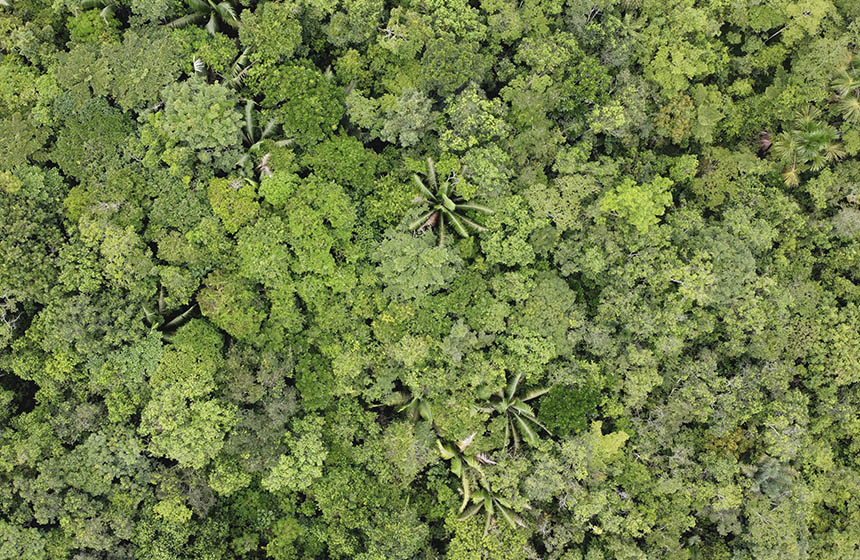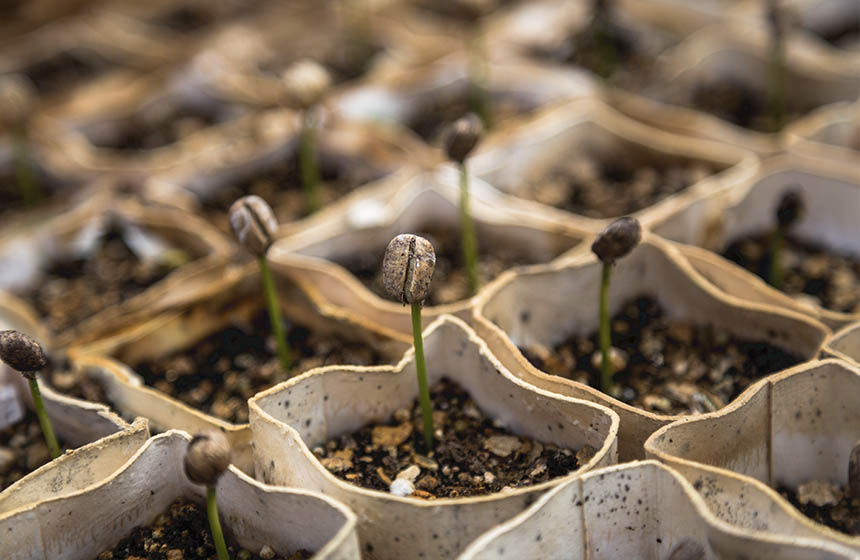Promoting sustainable livelihoods through forest conservation and the protection and cultivation of native medicinal plants
The Foundation for Alternative Tropical Agriculture and Sustainable Development (FUNDATADI) works to conserve local forests and biodiversity and promote sustainable livelihoods through agricultural diversification, primarily through the introduction and cultivation of medicinal plants.
Nature-based Intervention:
The Foundation for Alternative Tropical Agriculture and Sustainable Development (FUNDATADI) works with rural Piedemonte Andino communities in northwest Venezuela. FUNDATADI works principally to promote sustainable livelihoods and conserve local forests in the Ramal de Calderas forest corridor which has a high level of biodiversity and species endemism. Forest conservation takes the form of reforesting using native trees grown in community nurseries and the protection of over 47 hectares of coffee forest. Furthermore, sustainable livelihood options developed for local communities are designed taking into account potential impacts on local forests. Most prominently, FUNDATADI promotes agricultural diversification through the organic cultivation of native medicinal plants in family gardens. In order to market and diversify livelihood options using these medicinal plants, community organisations have been established to process raw materials from family plantations to develop marketable products including artisanal infusions, soaps, and syrups.
Overview of context and outcomes:
Progressive deforestation over the past two decades has threatened the stability and well-being of the over 1,000 species of plants and animals endemic to the area, including 21 endangered species.
Case effectiveness on
Climate change
Ecosystem health
Ecological effect: PositiveConservation efforts and family gardening of medicinal plants have reportedly taken pressure off local forests. More than 1500 native trees were reportedly planted between 2007 and 2009. Medicinal plant cultivation has facilitated the conservation of 11 medicinal plant species.
Socioeconomic outcomes
Training and capacity building have been provided to support medicinal plant cultivation. New streams of income have reportedly been created through the cultivation, processing, and sale of medicinal plants and related products.
Governance
The project is governed as a collaboration between Piedemonte Andino communities and the The Foundation for Alternative Tropical Agriculture and Sustainable Development.
Finance
The program was financed by Conservation International, the UNDP, Universidad de Los Andes, and the Endangered Species Initiative PROVITA.
Monitoring and evaluation
The organization conducts extensive monitoring to track quantitative and qualitative biodiversity impacts, indicators of environmental change, and institutional capacity over time.
Trade-offs and limitations
No information yet available on tradeoffs.

Intervention type
- Food production
- Protection
Ecosystem type
- Terrestrial production
Instigators
- Local NGO or CBO (eg. indigenous)
- Research institutions
Societal challenges
- Biodiversity conservation
- Economic and Social development
- Rights/empowerment/equality
Outcomes
- Food security: Not reported
- Water security: Not reported
- Health: Not reported
- Local economics: Positive
- Livelihoods/goods/basic needs: Not reported
- Energy security: Not reported
- Disaster risk reduction: Not reported
- Rights/empowerment/equality: Positive
- Conflict and security: Not reported
- No. developmental outcomes reported: 4
Resources
Read resource 1Literature info
- Grey literature



